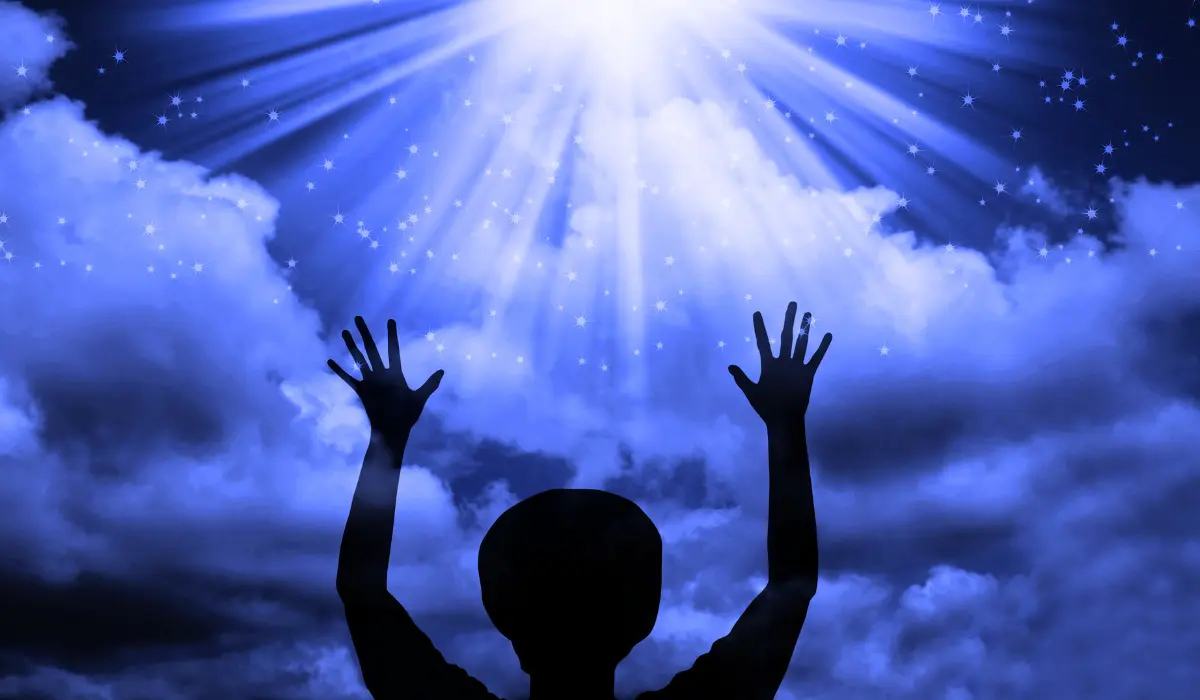The notion of an immortal god— a divine being unbound by death or the constraints of time— has been a cornerstone of human spirituality and mythology for millennia. Across cultures, immortal gods embody the eternal, representing power, wisdom, and the mysteries of existence. This article explores the concept of immortal gods, their roles in various religious and mythological traditions, and their enduring influence on human culture.
Immortal Gods in Mythology and Religion
Ancient Greek Mythology
In Greek mythology, the Olympian gods, such as Zeus, Athena, and Apollo, are quintessential examples of immortal deities. These gods, residing on Mount Olympus, were believed to be eternal, immune to death, and capable of wielding immense power over nature and human affairs. While they could be wounded or experience suffering, their immortality ensured their eternal existence. The Greeks viewed immortality as a defining trait of divinity, distinguishing gods from mortals, who were subject to death and decay.
Hinduism
In Hinduism, gods like Vishnu, Shiva, and Brahma are considered eternal and immortal, existing beyond the cycles of creation and destruction. Vishnu, for instance, is believed to incarnate in various forms (avatars) like Rama and Krishna to restore cosmic balance, yet his divine essence remains unchanging and eternal. The concept of sanatana dharma (eternal law) underscores the timeless nature of these deities, who transcend mortal limitations and guide humanity through divine intervention.
Abrahamic Traditions
In monotheistic religions like Christianity, Islam, and Judaism, God is depicted as the singular, immortal, and eternal creator of the universe. In Christianity, God’s immortality is emphasized in passages like 1 Timothy 1:17, which describes God as “the King eternal, immortal, invisible.” Similarly, in Islam, Allah is described in the Quran as “the Ever-Living” (Al-Hayy), unbound by time or mortality. This immortal God is the source of all existence, unchanging and omnipotent.
Other Traditions
In Norse mythology, gods like Odin and Thor are immortal in the sense that they do not age, though they can perish in cataclysmic events like Ragnarök, the prophesied end of the world. In contrast, ancient Egyptian gods like Ra and Osiris were seen as eternal forces tied to the cycles of nature and the afterlife, their immortality symbolizing cosmic order (ma’at). In many indigenous belief systems, spirits or deities associated with natural elements, such as the sun or earth, are often considered immortal, embodying the enduring rhythms of the natural world.
Philosophical and Cultural Significance
The concept of an immortal god reflects humanity’s fascination with eternity and the desire to transcend mortality. Immortal gods often serve as archetypes of perfection, power, or moral guidance, offering a contrast to human frailty. In literature and art, these deities inspire narratives of heroism, sacrifice, and the quest for meaning. For example, the Greek epic The Iliad portrays the gods’ interventions in human affairs, highlighting their eternal perspective against the fleeting lives of mortals.
Philosophically, the idea of an immortal god raises questions about the nature of existence and the divine. In Hinduism, the eternal nature of gods like Vishnu suggests a cyclical view of time, where creation and destruction are part of an infinite process. In contrast, the linear time of Abrahamic faiths emphasizes God’s unchanging nature as a constant amidst human impermanence.
Immortal Gods in Modern Context
In contemporary culture, immortal gods continue to captivate imaginations through literature, film, and popular media. Modern reinterpretations, such as Marvel’s depiction of Thor or the portrayal of ancient deities in novels like Neil Gaiman’s American Gods, blend traditional myths with modern sensibilities. These stories explore themes of immortality, power, and relevance in a rapidly changing world, showing that the concept of immortal gods remains a powerful metaphor.
Moreover, the idea of immortality has evolved with technology and science. Discussions about artificial intelligence, transhumanism, and the quest for eternal life echo ancient desires to emulate the immortality of gods, raising ethical and philosophical questions about what it means to be “immortal” in a modern context.
Conclusion
The immortal god is a universal archetype, manifesting in diverse forms across human history and culture. Whether as the eternal creator in monotheistic faiths, the vibrant Olympians of Greek mythology, or the cosmic deities of Hinduism, these beings embody humanity’s aspirations, fears, and questions about eternity. Their stories continue to inspire, challenge, and shape our understanding of the divine and the human condition, proving that the concept of the immortal god remains as timeless as the deities themselves.

I think this is one of the most important information for me. And i’m satisfied reading your article. But should statement on some general things, The web site taste is wonderful, the articles is actually excellent : D. Just right process, cheers
Thanks for any other informative web site. Where else may I get that type of info written in such an ideal way? I have a undertaking that I’m simply now operating on, and I have been on the glance out for such information.
Nice read, I just passed this onto a colleague who was doing some research on that. And he just bought me lunch as I found it for him smile Therefore let me rephrase that: Thanks for lunch!
Thanks for the different tips provided on this website. I have seen that many insurance carriers offer consumers generous special discounts if they favor to insure many cars with them. A significant quantity of households possess several cars or trucks these days, in particular those with elderly teenage young children still dwelling at home, as well as the savings for policies can certainly soon increase. So it makes sense to look for a good deal.